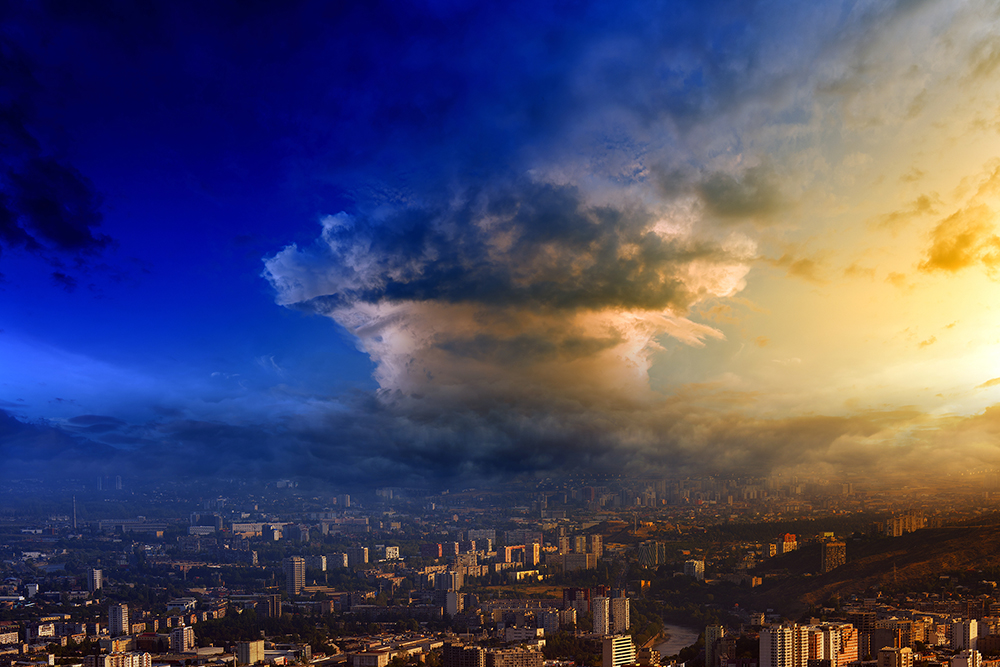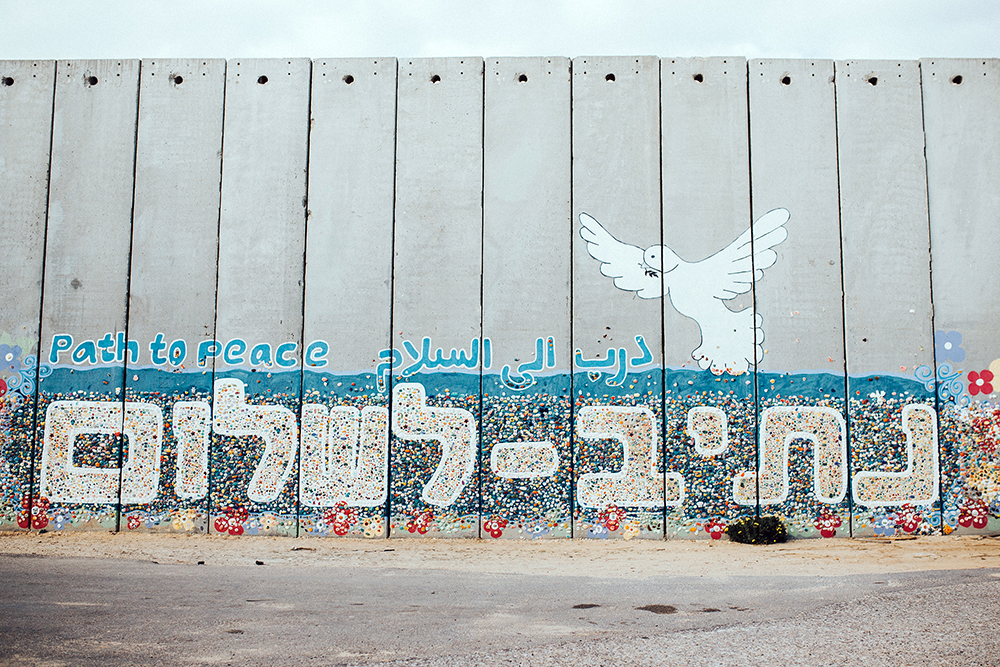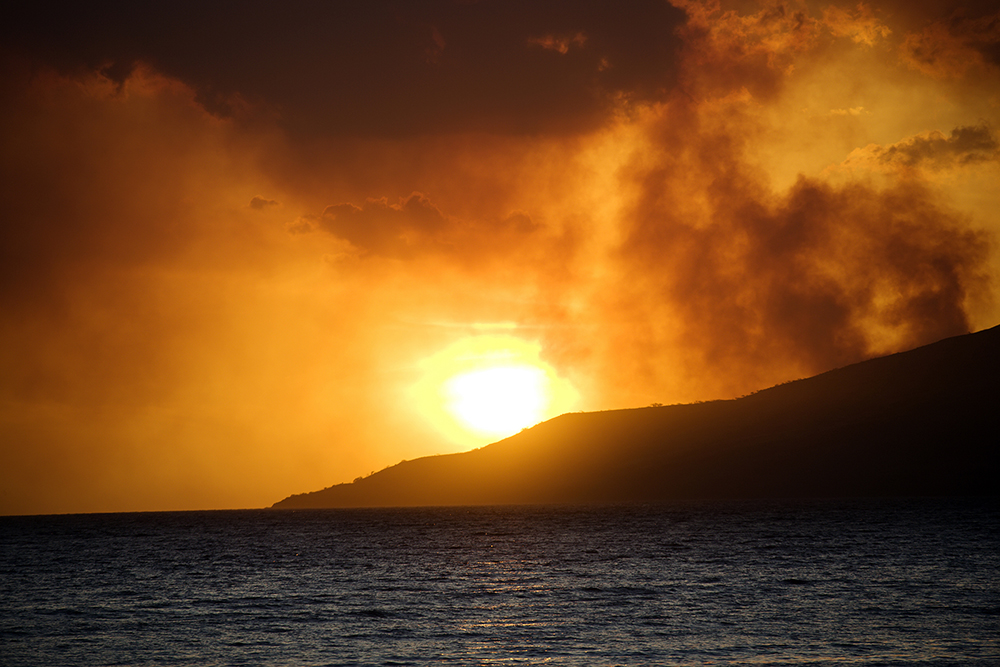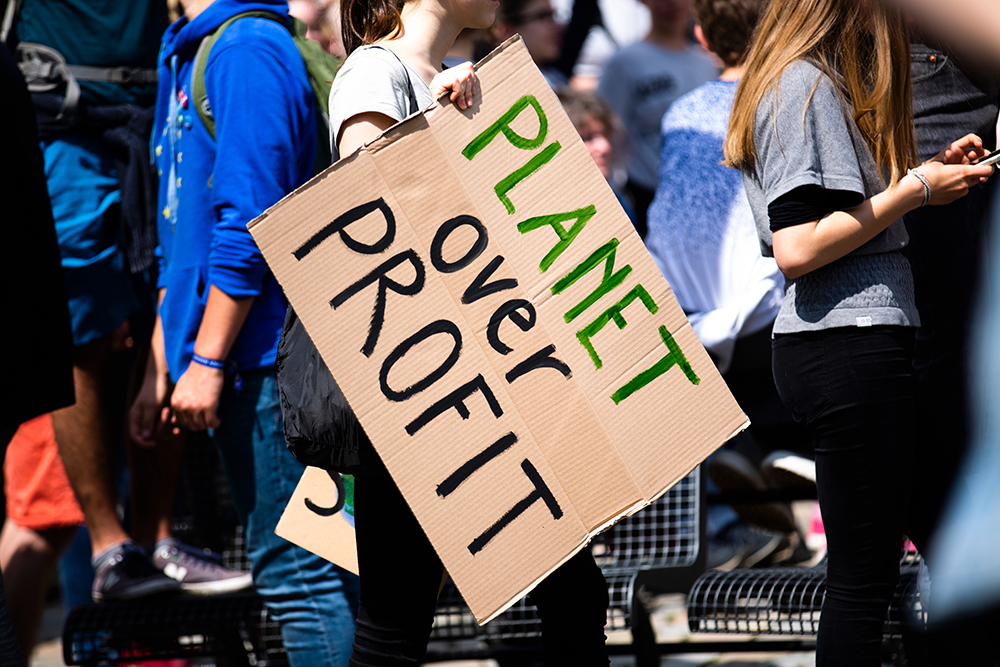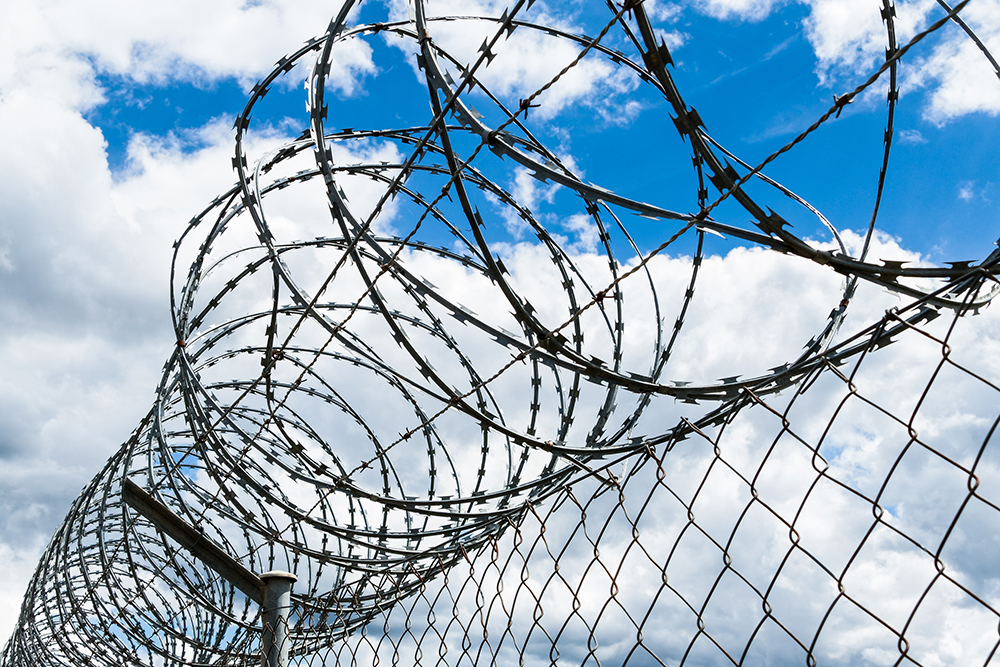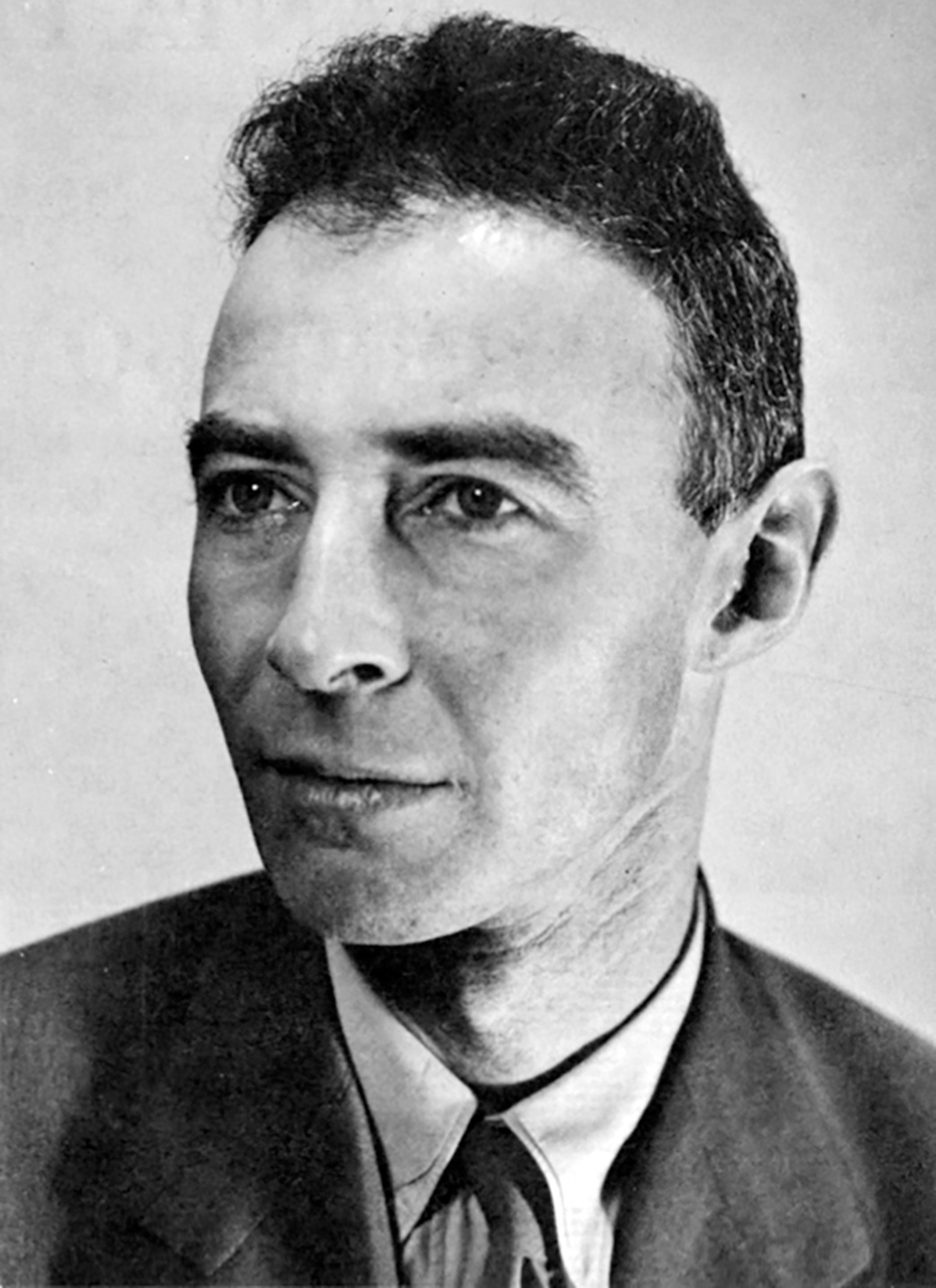An enormous flash, a mushroom cloud, multi-thousands of human beings dead. We win!
Nuclear weapons won’t go away, the cynics — the souls in despair — tell us. You can’t put the genie back in the bottle. You can’t, as Gen. James E. Cartwright, former head of U.S. Strategic Command, once put it, “un-invent nuclear weapons.” So apparently we’re stuck with them until the “big oops” happens and humanity becomes extinct. Until then: modernize, modernize, modernize. Threaten, threaten, threaten.
David Barash and Ward Wilson make the case that this is completely false. We’re not “stuck” with nuclear weapons any more than we’re stuck with obsolete and ineffective technology of any sort, bluntly pointing out: “Crappy ideas don’t have to be forgotten in order to be abandoned. Useless, dangerous, or outmoded technology needn’t be forced out of existence. Once a thing is no longer useful, it unceremoniously and deservedly gets ignored.”
This is a valid and significant challenge to the cynicism of so many people, which is an easy trap to get caught in. Nuclear weapons will eventually go the way of the penny-farthing (huge front-wheeled) bicycle, according to the authors. Humanity is capable of simply moving beyond this valueless technology — and eventually it will. The genie has no power to stop this. Praise the Lord.
Transcending cynicism is the first step in envisioning change — but envisioning change isn’t the same thing as creating it. The next step in the process is hardly a matter of “better technology” — i.e., a better (less radioactive?) means of killing the enemy. The next step involves a change in humanity’s collective consciousness. As far as I can tell, we’re caught — horrifically caged — in the psychology of a border-drawn, divided planet. Social scientist Charles Tilly once put it with stunning simplicity: “War made the state and the state made war.”
The human race cuddles with the concept of “state sovereignty.” It’s the basic right of the 193 national entities that have claimed their specific slices of Planet Earth — and I certainly understand the “sovereignty” part. Who doesn’t want to make his or her own life decisions? But the “state” part? It’s full of paradox and contradiction, not to mention a dark permission to behave at one’s worst. The militarism that worships the nuclear genie couldn’t exist without state sovereignty.
To me the question in crucial need of being asked right now is this: What is our alternative to nationalism, which currently claims free rein (and reign) on the planet? And nationalism strides with a lethal swagger — especially nuclear-armed nationalism. For instance, as the AP recently reported, “President Vladimir Putin said Wednesday that Russia is ready to use nuclear weapons if its sovereignty or independence is threatened, issuing another blunt warning to the West just days before an election in which he’s all but certain to secure another six-year term.”
Or here’s the Times of Israel: “Heritage Minister Amichai Eliyahu said Sunday that one of Israel’s options in the war against Hamas could be to drop a nuclear bomb on the Gaza Strip …”
Plunk! Finish the job!
And then, of course, there’s the global good guy — USA! USA! — leading the charge to bring peace to the world wherever and however it can: for instance, by claiming “sovereignty” (you might say) over the national interests of South Korea and declaring, as Simone Chun puts it at Truthout, a “new Cold War with China” and implementing a “massive expansion of the provocative U.S.-led military exercises in the Korean Peninsula.”
Wow, a new Cold War! More than 300,000 South Korean troops and 10,000 American troops, in a series of war games known as “Freedom Shield 2024,” have conducted numerous field maneuvers, including bombing runs, at the North Korean border.
Chun writes: “The combined United States Forces Korea (USFK) and South Korean forces far overshadow those of North Korea, whose entire military budget is $1.47 billion compared to that of South Korea at $43.1 billion, not to mention that of the U.S. at $816.7 billion …
“The U.S. is using North Korea as a pretext for its new Cold War against China,” she goes on, “and, with its control of 40 percent of the world’s nuclear stockpile, is even willing to risk nuclear war to further its geopolitical aims.”
And she quotes Noam Chomsky who, addressing the country’s blatant indifference to this risk, points out that “the United States always plays with fire.”
How do we get it to stop? We live in a self-declared democracy but we, the people, are not the ones with real authority here. Those who run the show seem essentially blind to the consequences of militarism, war and, for God’s sake, nukes. Having power means having the ability to threaten — and, if necessary, cause — harm … beyond their divinely sanctioned borders, of course (not counting the likely consequences that know no borders).
If Tilly is right — if “war made the state and the state made war” — then the state, as currently perceived, at least by those besotted with military power, is the problem. Knowing this is the beginning … but of what? Survival means finding an answer.
Robert Koehler (koehlercw@gmail.com), syndicated by PeaceVoice, is a Chicago award-winning journalist and editor. He is the author of Courage Grows Strong at the Wound, and his newly released album of recorded poetry and art work, Soul Fragments.
